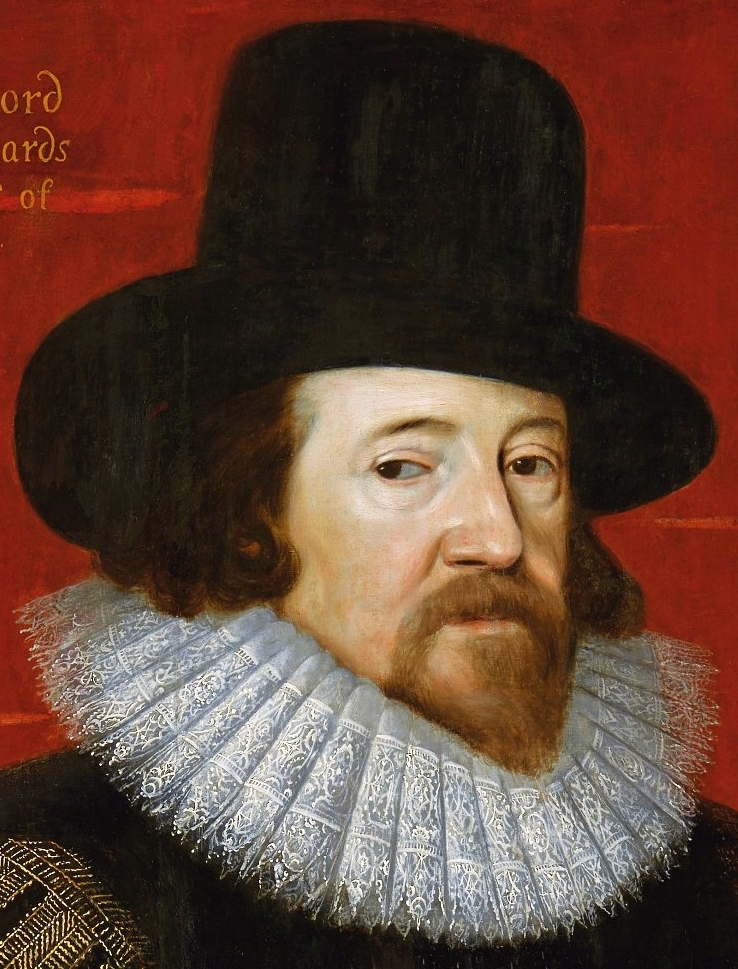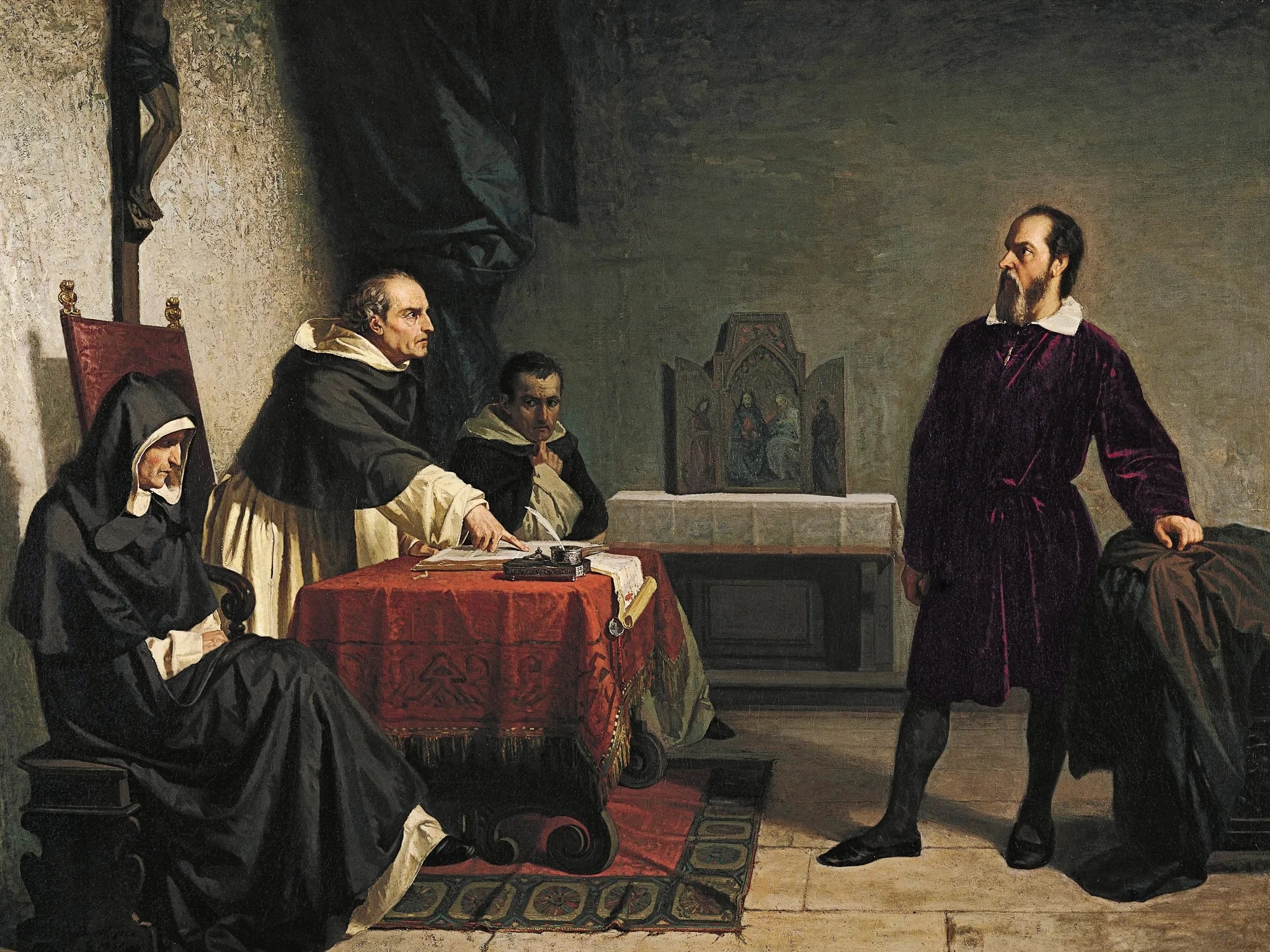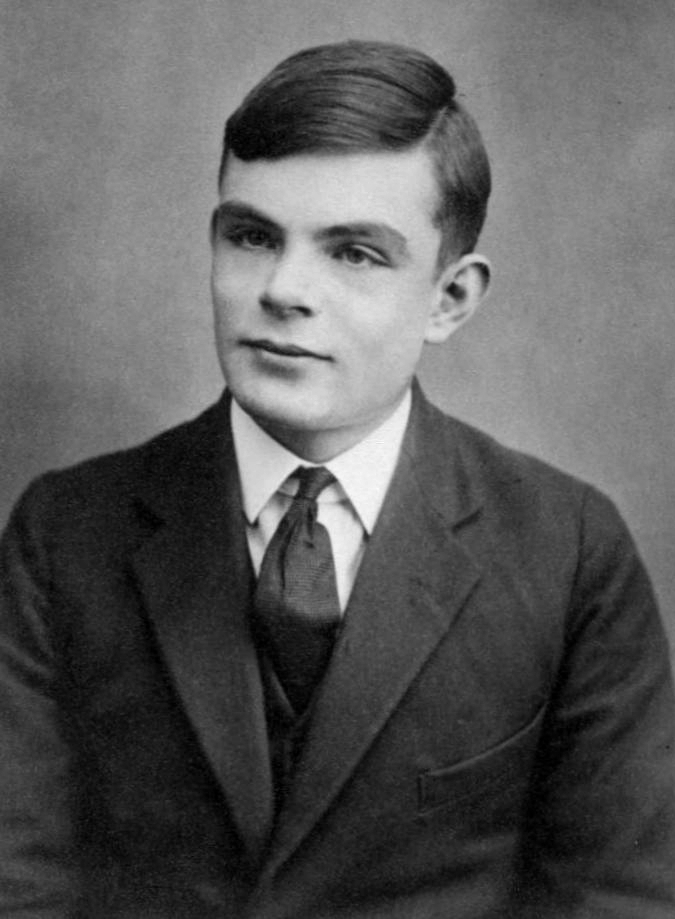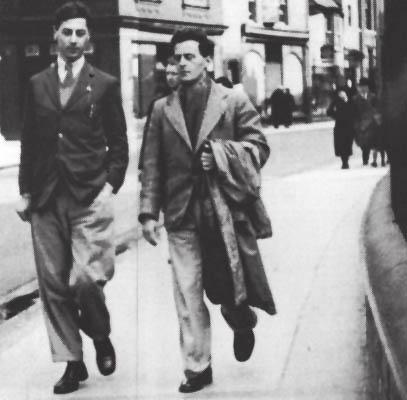Author: user
-
The Senses of Morality: Hobbes’s Materialist Vision
One more thing comes to mind. Quentin Skinner once noted that the 17th century, particularly the period from 1640 to 1650, was a critical time for the development of modern political theory. The key authors we will discuss today are Thomas Hobbes, with his work Leviathan (1651), and John Locke, with Two Treatises of Government…
Written by

-
Grotius and Natural Law: From Divine Order to Human Reason
During the Scientific Revolution, traditional views of human nature underwent a radical transformation. Thinkers like Francis Bacon and René Descartes introduced a more materialistic and mechanistic understanding of what it means to be human, moving away from religious and metaphysical frameworks. Thinkers began to view humans as part of the natural world, functioning according to…
Written by

-
The Beginnings of Modern Philosophy – Bacon and Descartes
Two towering figures stand at the dawn of modern philosophy: Francis Bacon and René Descartes. Each laid foundational principles for how we approach knowledge—one through empiricism, the other through rationalism. Bacon and empirism Francis Bacon (1561–1626) was a key figure in shaping the scientific method, which we still use today. In his most important work,…
Written by

-
From Magic to Mechanics: The Scientific Revolution and the Modern Mind
The modern era has given us many powerful theories that continue to shape science, philosophy, religion, and our understanding of the world. It’s in this time that we also see the birth of new political ideas that influence society even today. This period, beginning around the 17th century, marks a dramatic shift from medieval thinking—where…
Written by

-
Alan Turing’s Imitation Game
Turing created one of the most brilliant thought experiments in the history of AI: the Imitation Game. Do people think like machines—or not? Alan Turing, alongside his first critic Ludwig Wittgenstein, initiated debates that still resonate today. In this article, let us focus solely on Turing’s landmark 1950 paper. The paper opens with a simple…
Written by

-
Wittgenstein’s Blue and Brown Books: What Can Be Said About Computational Thinking
“Perhaps one of the most outspoken of the pre-test critics was Turing’s close colleague and friend, Ludwig Wittgenstein.” (1, 433) As some accounts suggest, “fundamentally, he really disliked the idea that people were machines.” (1, 434) Empirical Thinking vs Philosophical Critique The central question here is whether it is possible to say that humans compute…
Written by
